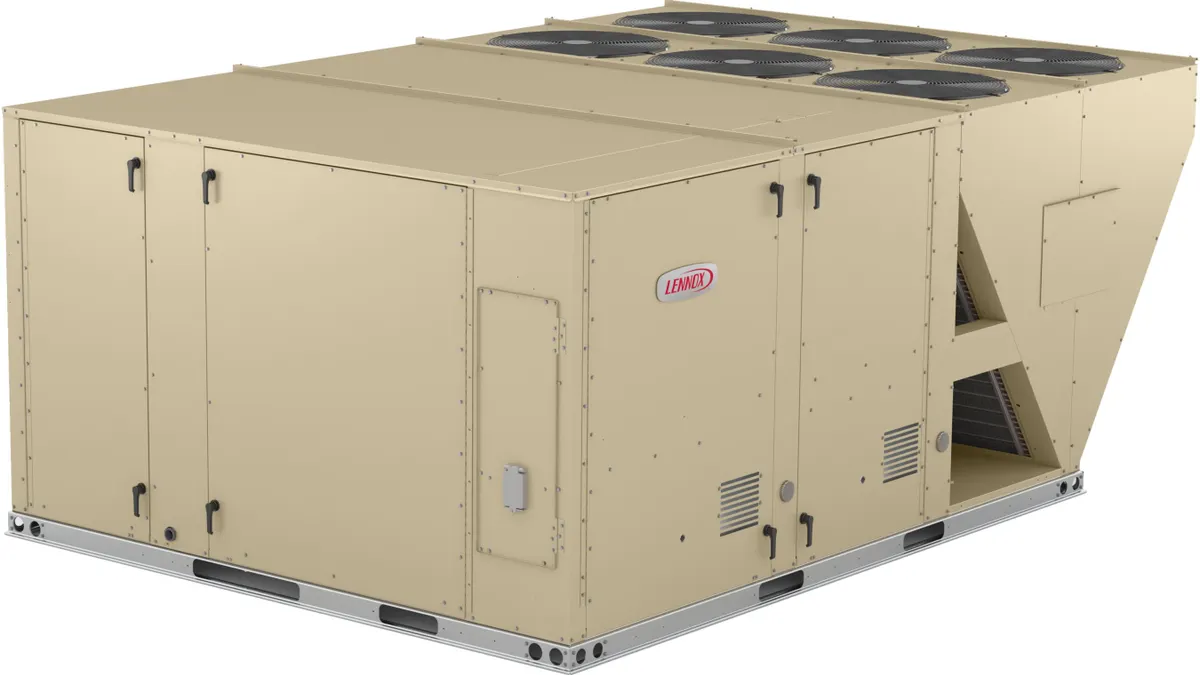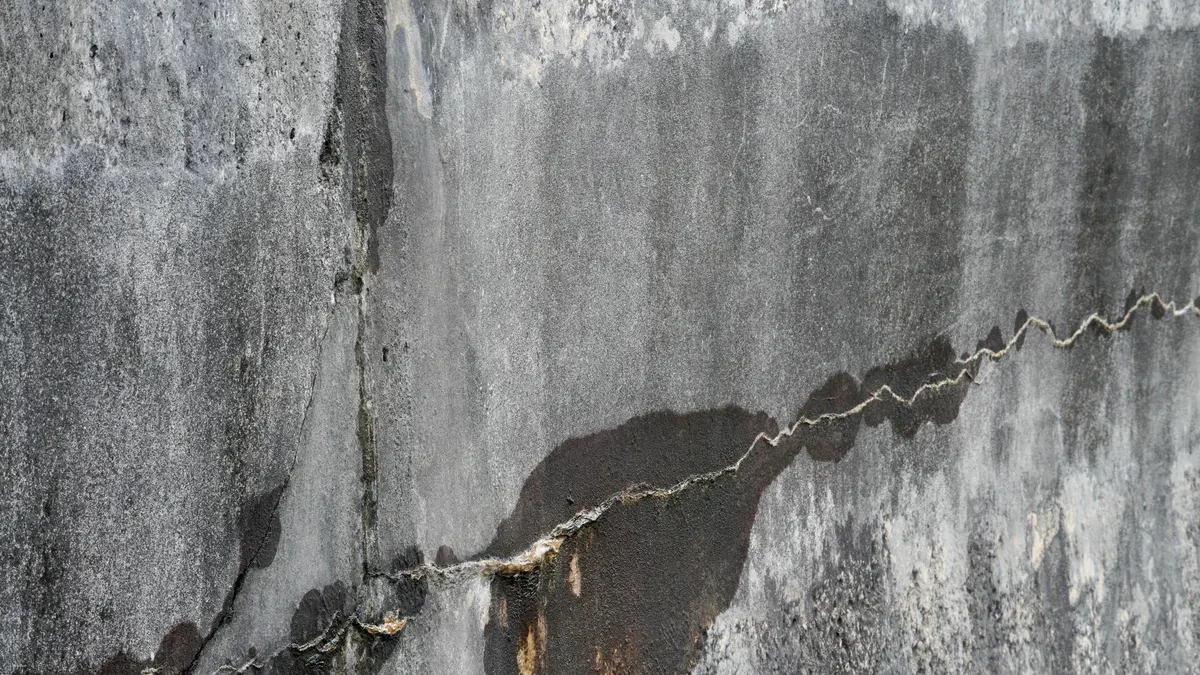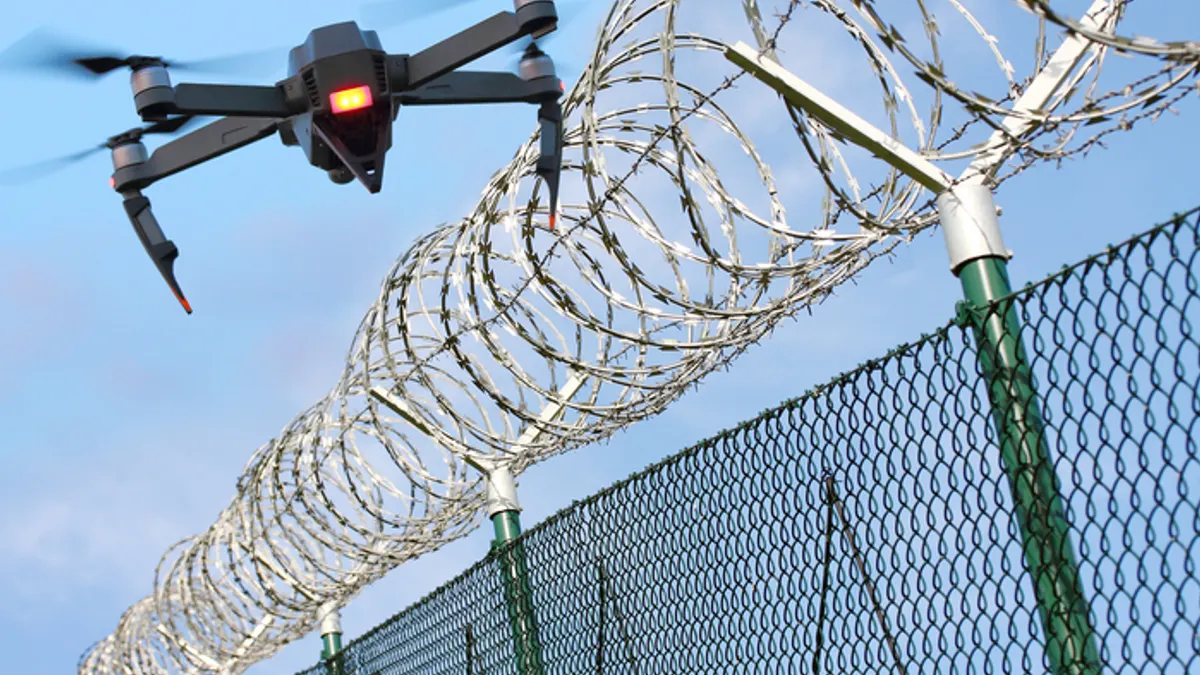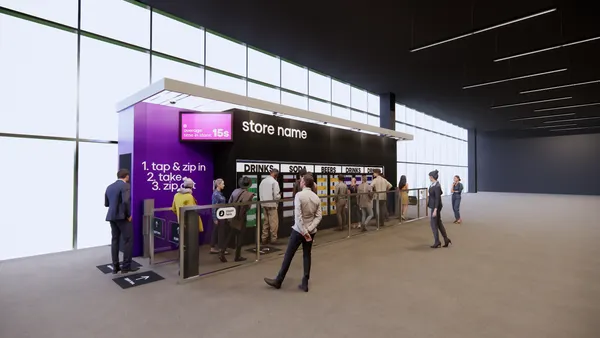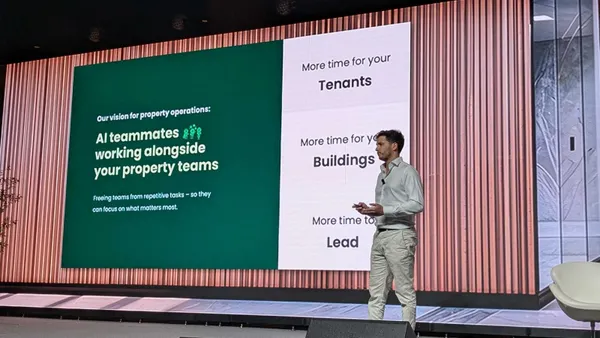Lennox has completed laboratory validation for its commercial cold climate heat pump rooftop unit, the first in the 15-to 25-tons category in the U.S. Department of Energy’s Commercial Building HVAC Technology Challenge, the company announced.
The unitary equipment meets, and in many cases exceeds, the performance requirements of the challenge, as validated by an independent lab and the National Renewable Energy Laboratory, the company says. Lennox is one of eight manufacturers participating in the challenge. Carrier, Bosch, Trane, Daikin, Johnson Controls, Midea and Rheem are the others.
The challenge requires heat pumps to have improved cold weather performance with minimized heating capacity degradation in colder climate zones 5 through 7, while minimizing electrical capacity upgrade requirements and peak demand impacts. Systems must also balance weight and structural upgrade requirements with performance improvements and improve overall reliability to keep equal to existing systems, with about 15- to 20-year lifetimes, the DOE’s Building Technologies Office says in its specification guide.
DOE validation will help Lennox provide customers with access to high-efficiency heat pumps in cold climates, the company says. Later this year, it will install a prototype in a U.S. commercial building to validate the cold climate heat pump’s performance, efficiency and comfort through severe winter conditions, the company said in its announcement.
If deployed at scale, next-generation heat pump rooftop units could save U.S. businesses and commercial entities $5 billion on utility bills every year, the DOE said last April when announcing the Commercial Building Heat Pump Accelerator program.
"This unit reflects years of focused research and development to overcome cold-climate limitations, particularly around defrost, and deliver consistent comfort in the toughest conditions,” Lennox Chief Technology Officer Prakash Bedapudi said in a statement.
All eight manufacturers have completed field testing to demonstrate energy efficiency and improved heat pump performance in cold weather as part of the DOE’s Residential Cold Climate Heat Pump Challenge, with four having or planning to bring versions on the market in 2025.
Heat pumps provide facility leaders with several advantages, including electrification-readiness, reduced HVAC energy use and design flexibility, David Rames, senior product manager at heat pump manufacturer Midea, told Facilities Dive.
“Moving forward, adoption will hinge on ease of retrofit, available incentives and system longevity, areas where modern heat pumps now outcompete traditional gas-based systems,” he said.
The goal for phase I of the commercial challenge is to have prototypes in the field by the winter of 2025 and 2026, with phase II specifications to be developed this year. The goal of phase II of the challenge is to have prototypes in the field by 2030, DOE says.



